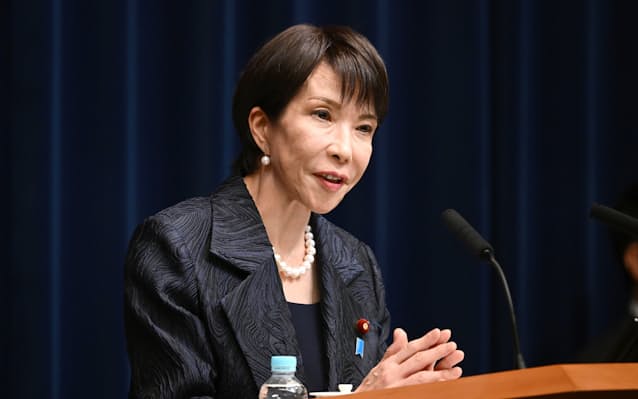Japanese Prime Minister Kōichi has firmly dismissed the possibility of an early dissolution of the Lower House. The announcement comes amidst whispers of political maneuvering within the country's leadership. Kōichi's decision emphasizes his commitment to strengthening the government's foothold, pushing the scheduled elections further into the future. The discussion continues as observers remain unsure about the future political landscape of Japan.
In Japan, the dissolution of the Lower House is a matter of significant political intrigue. An early dissolution often indicates instability or a play for increased power. Prime Minister Kōichi's refusal to dissolve the Lower House suggests his confidence in his current administration and its ability to lead the nation. This action resonates with the public and shapes their perception of government stability.
In comparison, the U.S. and EU do not have a similar practice of dissolving their primary legislative bodies. Nevertheless, political strategy and power plays are universal phenomena. In the U.S., for instance, the timing and context of calling special elections can carry similar implications of political maneuvering.

